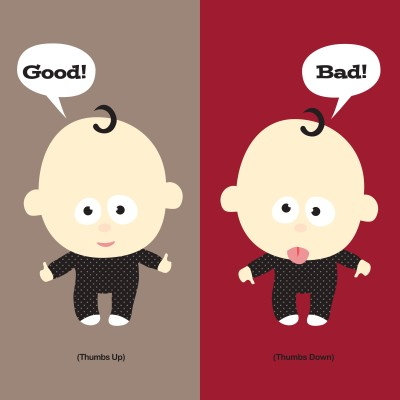
The origins of human morality: Complex socio-moral evaluation and action in the first two years of life
Description
In recent decades there has been an increasing focus on the evolutionary, neurological, and developmental bases of humans’ moral sense. This talk will summarize recent research with human infants, suggesting that some aspects of a moral sense are present early in ontogeny and may be organized in advance of experience. Within the first year of life, infants prefer those who help, versus harm, unknown third parties. Rather than reflecting simple social rules like "helpful=good," infants' social preferences privilege the mental states of both the agents and the recipients of prosocial and antisocial acts and differ based on context rather than on the absolute value of individual acts. In the second year of life, infants begin to direct their overt prosocial actions towards those who have helped third parties and antisocial actions towards those who have hindered them. Similarly to their social preferences, infants' prosocial and antisocial acts are sensitive to recipients' mental states and are contextually nuanced. Together, these results support the hypothesis that the human moral sense is rooted in evolved, universal capacities for sociomoral evaluation and action.
Speaker Bio
J. Kiley Hamlin is an Associate Professor of Developmental Psychology at the University of British Columbia in Vancouver, BC, Canada. She received her PhD from Yale University in 2010. Her work focuses on the roots of social and moral evaluation in infancy, wherein she has documented that preverbal infants prefer those who help versus hinder others in their unfulfilled goals as early as 3 months after birth. She has received several awards for her work to date, including the Janet Taylor Spence Award for Transformational Early Career Contributions to Psychological Science from the Association for Psychological Science.

